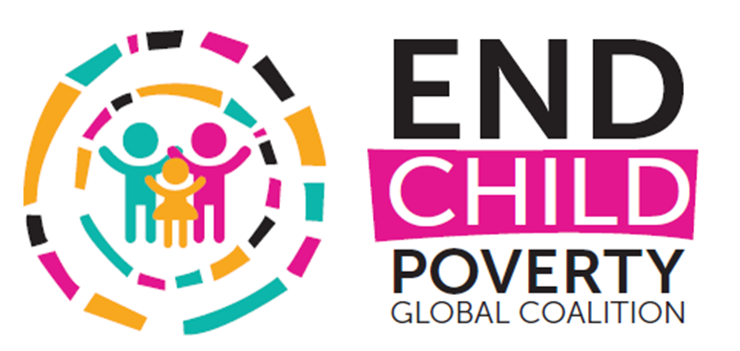Overcoming disability and avoiding early marriage
Young Lives is an international study shedding light on the drivers and impacts of child poverty, and generating evidence to help policymakers design programmes that make a real difference to poor children and their families. We take the opportunity to hear from a Young Lives participant and hear how she overcame obstacles of disability and risk of early marriage to achieve her ambitions.
“My parents asked me to get married, but I told them that I want to pursue my education and I am not going to marry now...I want to live my life as a single woman. I like going to college and teaching at the night school”
Sarada lives in a village with her mother, sister and stepbrother. Her father lives in Mumbai with his second wife. Sarada belongs to a low-caste community. When she was in her early teens, the family fell into debt and the children had to leave school to work in the cotton fields. Sarada has been disabled since birth, which makes it hard for her to walk more than short distances. Sarada is now 19 and at senior secondary school (also known as junior college). She chose to attend a government college because it was cheaper, she could get a scholarship, and she had heard it had a good reputation. She works hard in studies and has passed the exams in both years.
Alongside her own studies she works as a teacher in her village’s night school.
“In the beginning there were 50 children. Even though they were very noisy, I learnt how to teach them so they could learn better...I like working there, I teach very well and I am popular”
Sarada belongs to a self-help group called the Disabled People’s Association, which has helped her to build her confidence, to learn about finances and save money, and to successfully challenge her parents’ decision to take her out of school and send her to work. In Andhra Pradesh and Telangana, there are over 700,000 groups, organised under the state government’s poverty alleviation programme, Indira Kranti Patham, which focuses on women’s empowerment through access to credit.
Although Sarada was able to protect herself from early marriage and negotiate a positive path to learning, many adolescent girls are unable to avoid early marriage/pregnancy. As long as people are poor, early marriage may continue to be seen as the rational option by many parents, who feel that girls have few choices, profoundly altering the life trajectory of girls and young women.
Between 12-23 March the 62nd Session of the UN Committee on the Status of Women focuses on the “Challenges and opportunities in achieving gender equality and the empowerment of rural women and girls”. Check out information on side events being held by Young Lives and IDS;
- The Impact Initiative side event: How can we improve the life choices of women in rural Africa, 20th March, 10:30 - 12:00
- Young Lives Side Event: An Agenda to Empower Rural Girls: 21st March, 13:15-14:30

